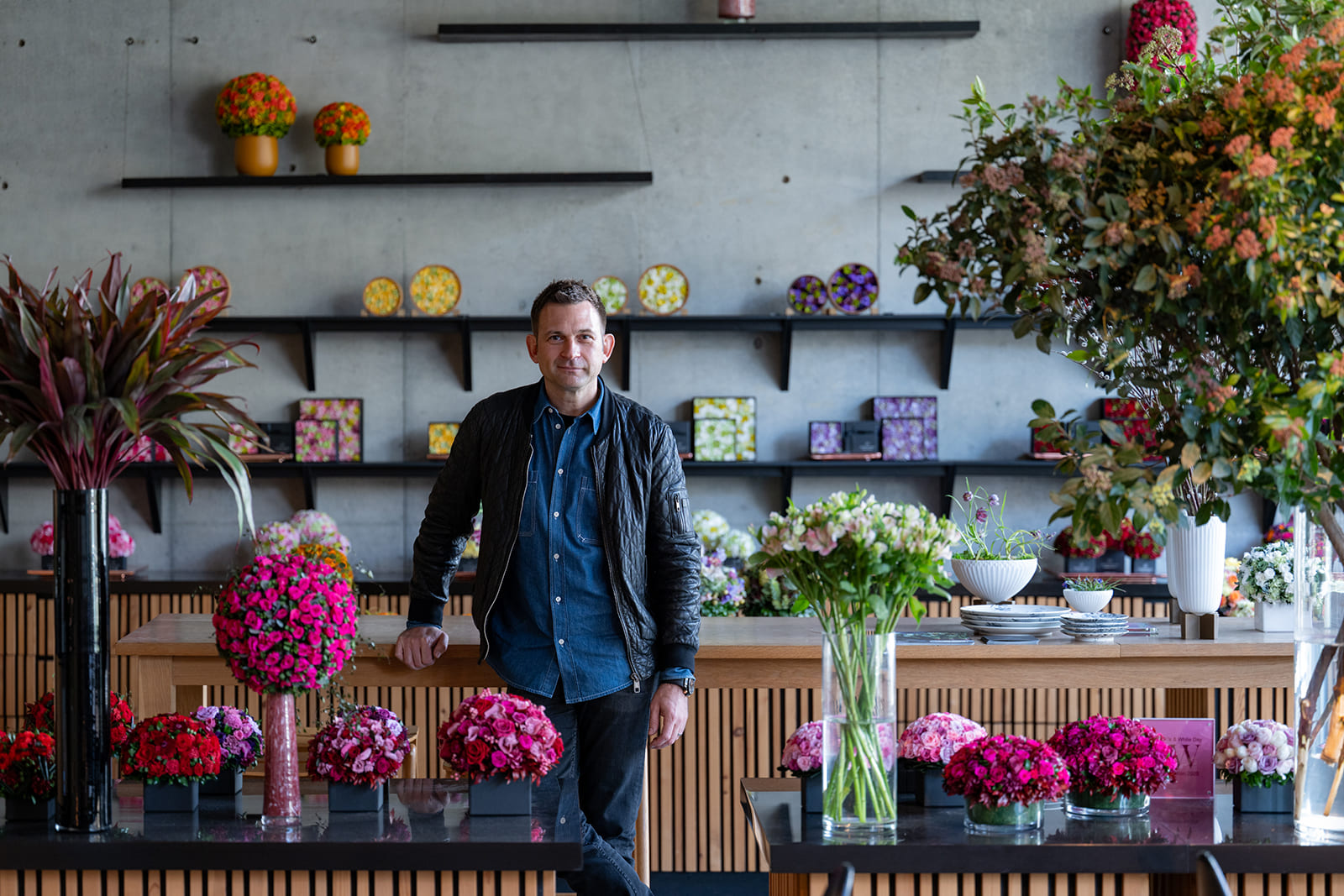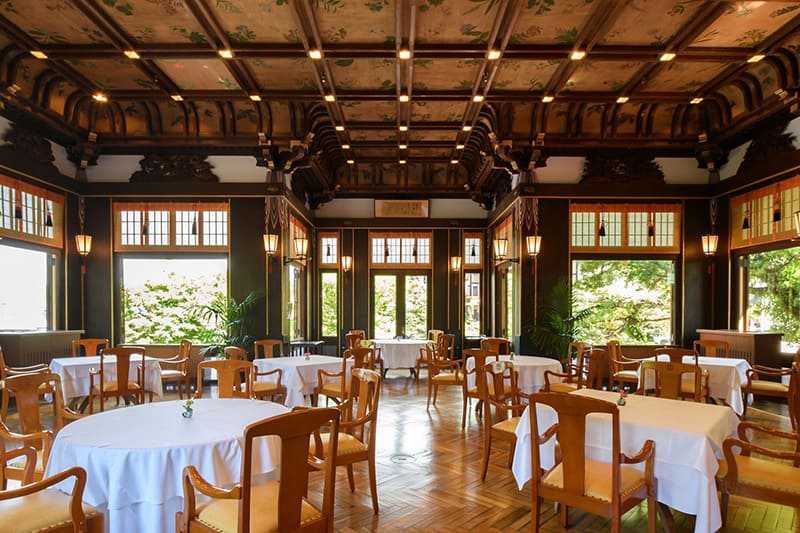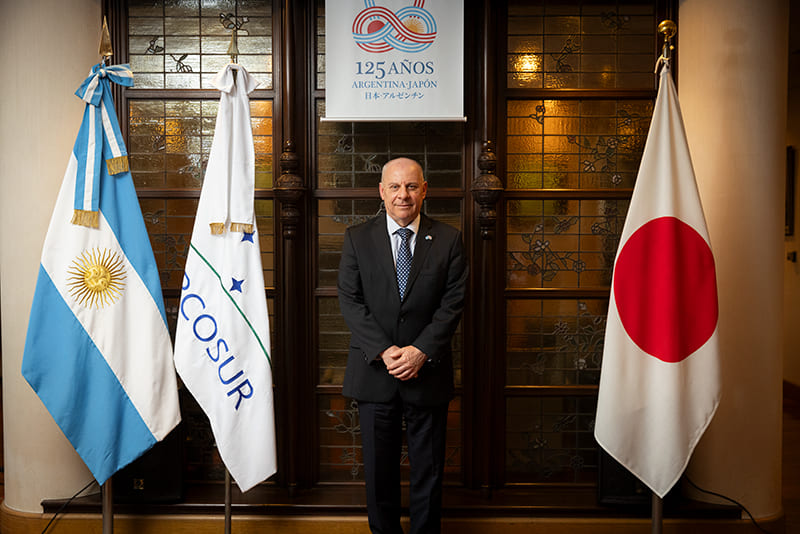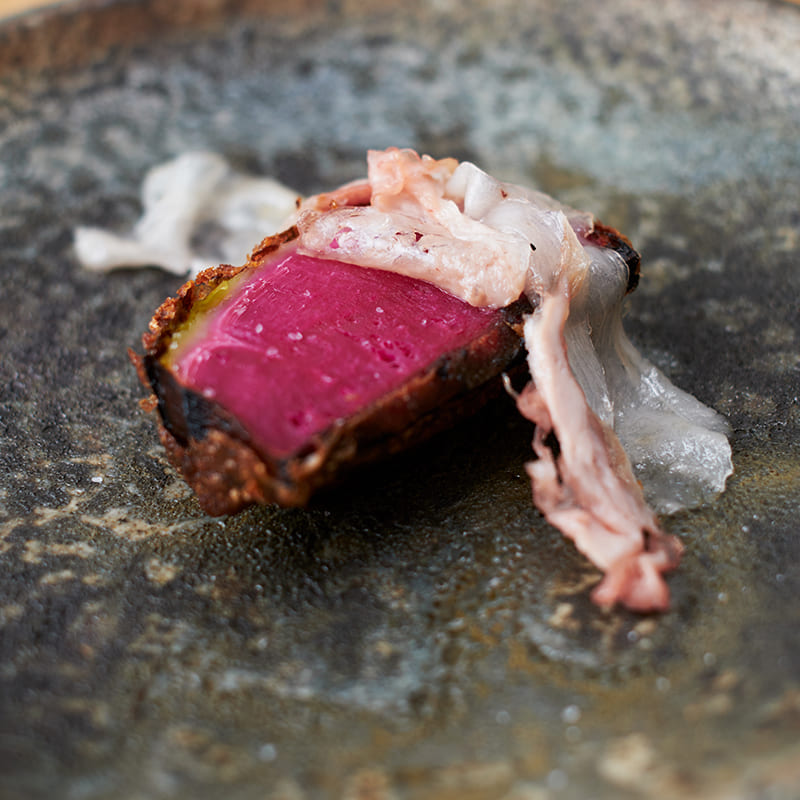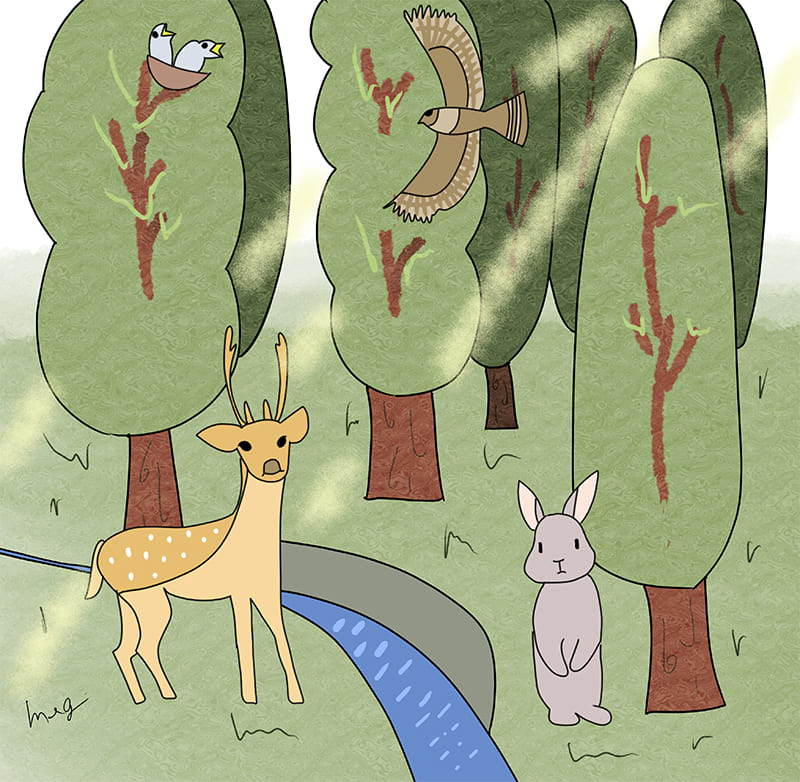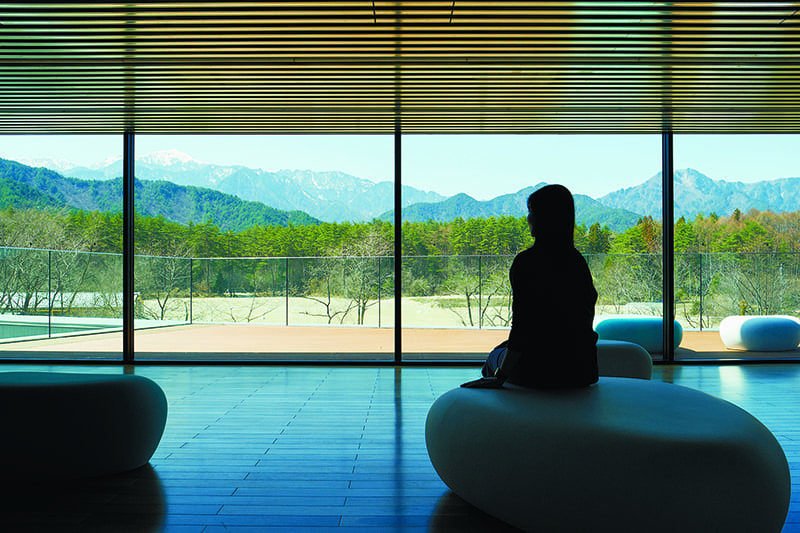October 24, 2025
Hibiki: A quiet luxury born of Japan’s culture and beauty
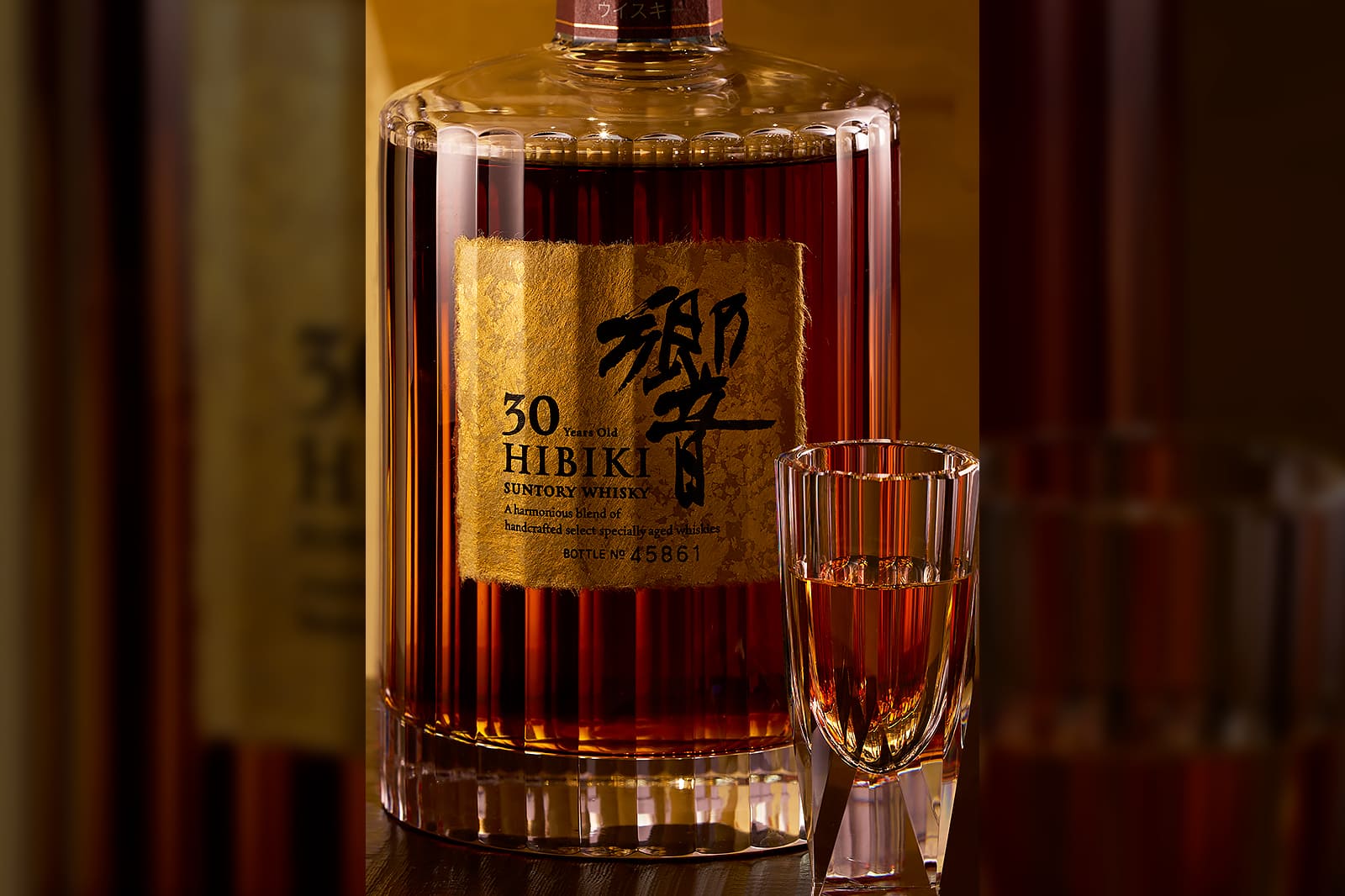
Crafted in celebration of Suntory’s 90th anniversary, Suntory Whisky Hibiki brings together the finest elements of Japanese craftsmanship and aesthetics. From its carefully selected blend of aged whiskies to its elegant bottle design, Hibiki is more than a premium spirit — it is a cultural expression that embodies harmony, respect for nature and the pursuit of timeless beauty. Today, Hibiki is widely appreciated by whisky connoisseurs and collectors around the world, recognized for its balanced profile and the artistry behind its creation.
Japanese whisky has steadily earned global recognition over the past two decades. Its rise is often attributed to rarity and quality, as production volumes remain relatively limited compared to Western counterparts. Among them, Hibiki stands out not only for its scarcity but for how it captures a uniquely Japanese sensibility. Each bottle embodies a philosophy of living in harmony with nature and a meticulous dedication to craftsmanship.
The name Hibiki, meaning resonance, reflects a philosophy that continues to guide Suntory Holdings Ltd.: to inspire the brilliance of life by creating rich experiences for people, in harmony with nature. When Shinjiro Torii established Japan’s first whisky distillery in 1923, his aim was not to replicate Scotch whisky, but to create a distinctly “Japanese whisky” rooted in the sensibilities of the Japanese people.
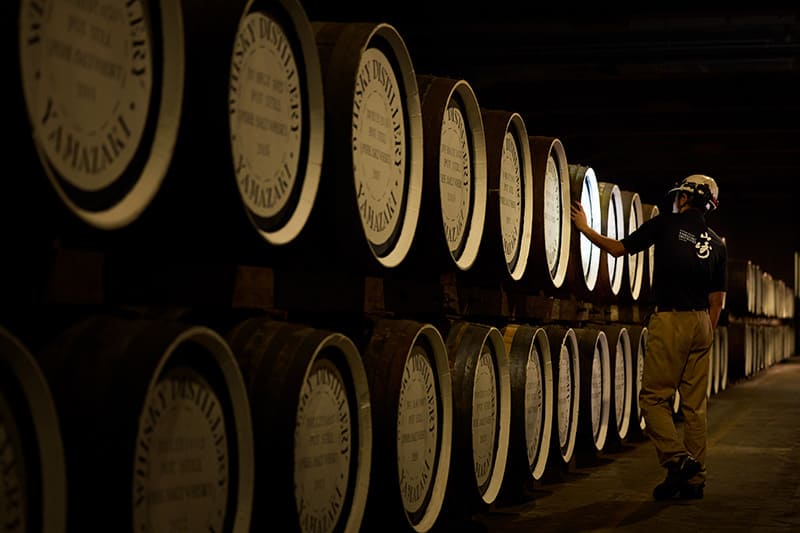
Introduced in 1989, Hibiki was developed to mark a milestone in that journey. Since then, it has grown into one of Suntory’s signature brands, representing the company’s ethos of balance and harmony.
At the core of Hibiki’s allure lies the art of “harmony” practiced by its master blenders. Assessing the character of each diverse whisky and layering them with precision is not merely a technical process, but a craft born of intuition and years of experience. Torii is said to have remarked that one cannot be called a true blender until they can converse with a silent whisky — a sentiment that remains etched in the hearts of those who follow in his footsteps.
The work can involve tasting more than 300 whiskies in a single day — sensing the contours of aroma and flavor beyond language, discerning the unique character of each cask and identifying the moment when it reaches its peak, then selecting only those deemed exceptional. It is only when these elements are brought into perfect harmony that the true essence of Hibiki emerges: a vibrant yet complex bouquet, a delicate taste that speaks of Japan, and a deep, lingering finish.
Hibiki’s bottle is also deeply symbolic. Its 24-faceted design represents the 24 hours of the day and the nijūshi sekki — Japan’s traditional calendar of 24 seasonal divisions. Rooted in the solar cycle, this calendar reflects how people have long attuned their lives to the subtle changes in nature. The bottle’s shape echoes that rhythm, allowing the passage of time to be felt through its form.
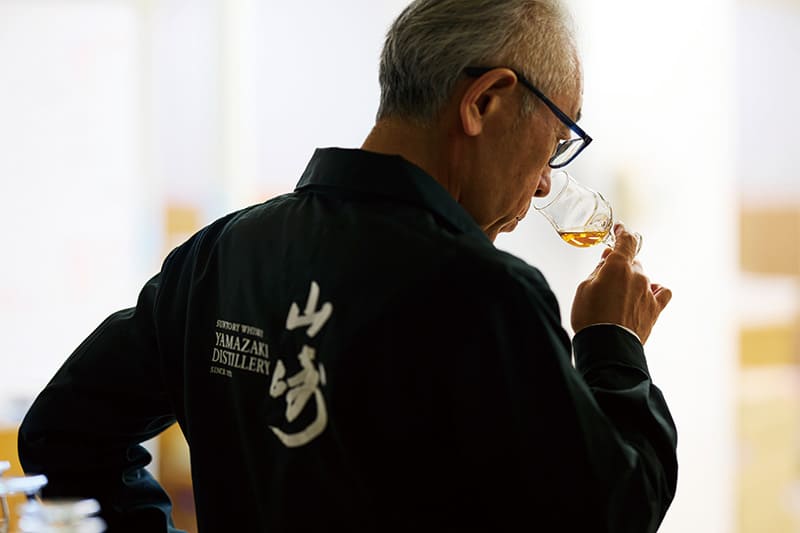
Other design elements also carry cultural significance. The label is made of handmade Echizen washi, a traditional Japanese paper with over 1,500 years of history. The deep purple of the ribbon adorning the neck — known as kokimurasaki — was historically reserved for nobility. The bold calligraphy of the name Hibiki further underscores the Japanese aesthetic of simplicity, contrast and silence.
In a time when global appreciation for Japanese culture and craftsmanship is expanding, Hibiki represents more than a luxury spirit. It is a distillation of ideas that have been passed down for generations — respect for materials, harmony with the environment and a quiet devotion to craft.
Within each bottle lies not just whisky, but a story shaped by time, nature and the human touch. Each glass offers more than taste — it offers an experience. A quiet luxury. And its resonance lingers softly, wherever in the world it is poured.
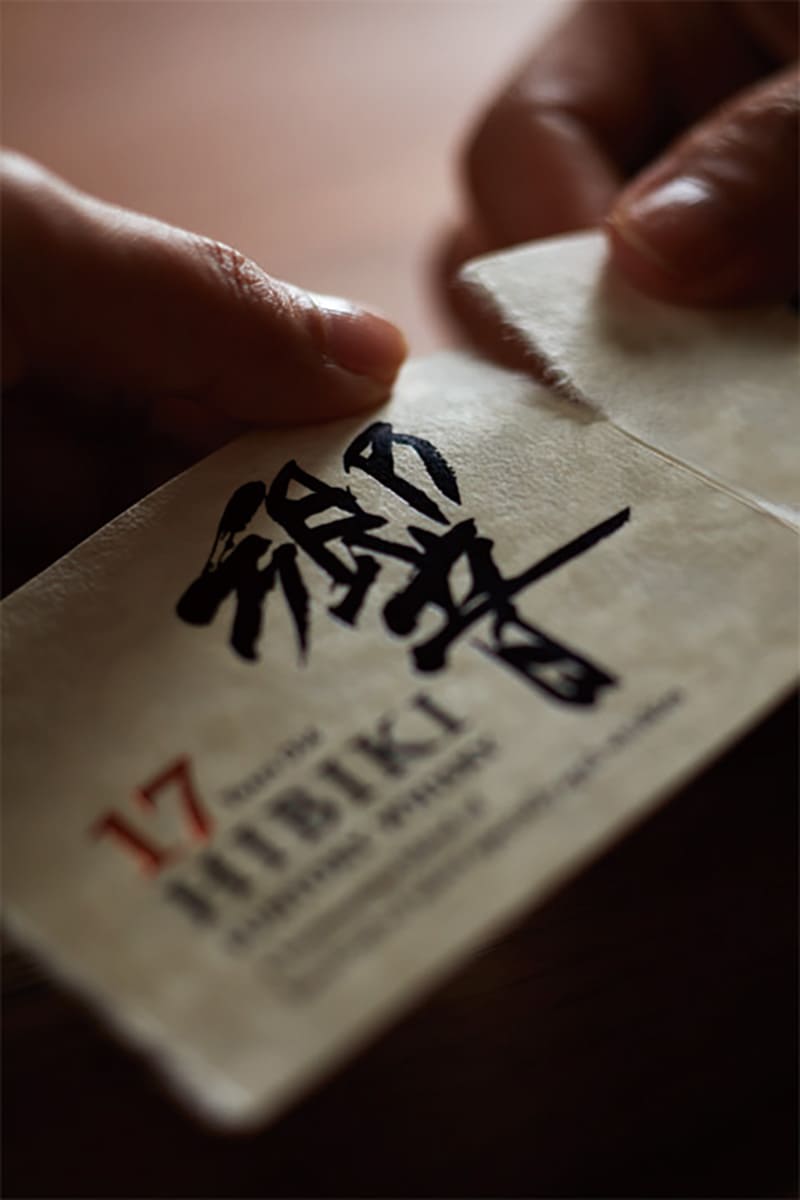
Return to Sustainable Japan Magazine Vol. 53 article list page

